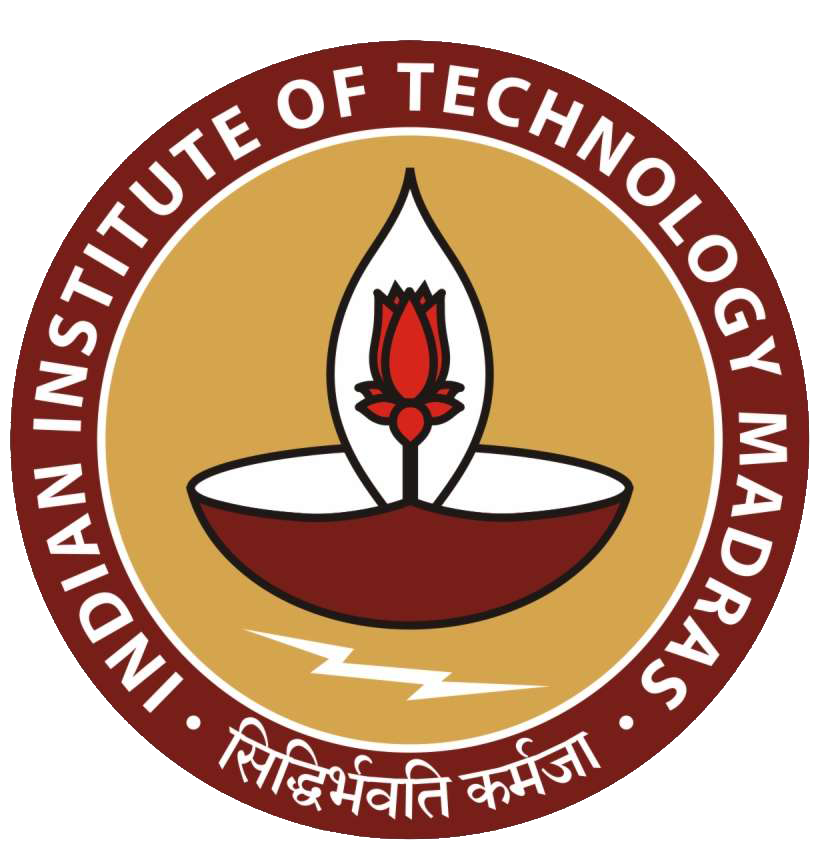Question-3
algebra
aptitude
If \(P e^{x} = Q e^{-x}\) for all real values of \(x\), which one of the following statements is true?
NoteAnswer
NoteSoluton
Given constants \(\displaystyle P,Q\) and \(\displaystyle Pe^{x} =Qe^{-x}\) for all values of \(\displaystyle x\), multiplying both sides by \(\displaystyle e^{x}\), we have \(\displaystyle Pe^{2x} =Q\). Setting \(\displaystyle x=0\), we get \(\displaystyle P=Q\). If \(\displaystyle Q\neq 0\), then we can divide both sides by \(\displaystyle Q\). This would result in \(\displaystyle e^{2x} =1\) for all \(\displaystyle x\), which is impossible. Therefore, \(\displaystyle Q=0\). It follows that \(\displaystyle P=0\).
